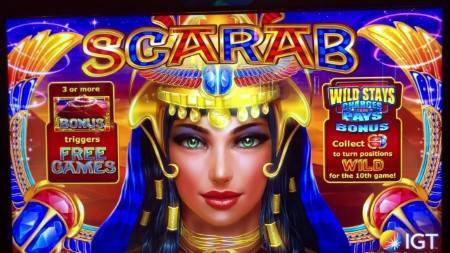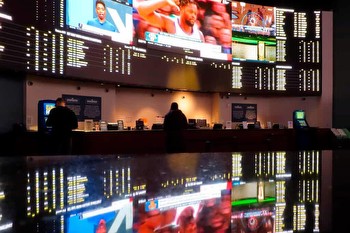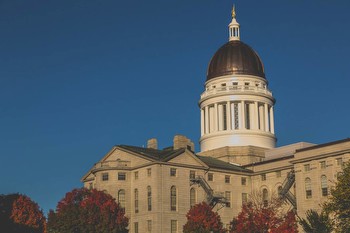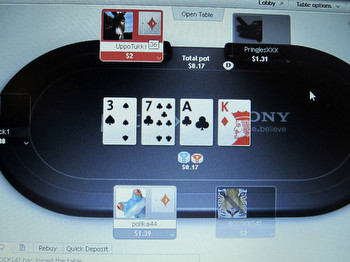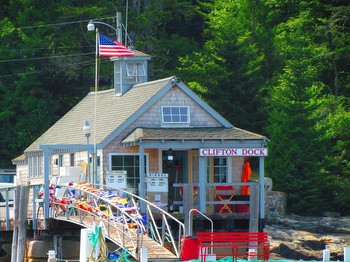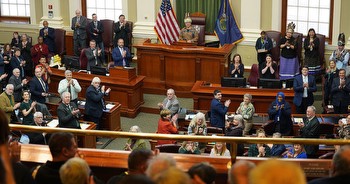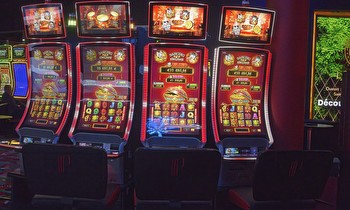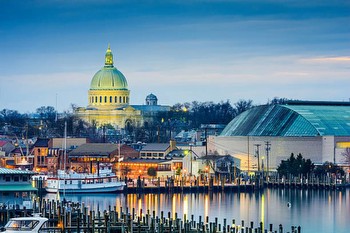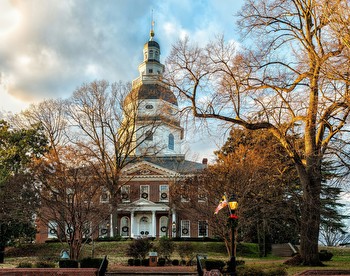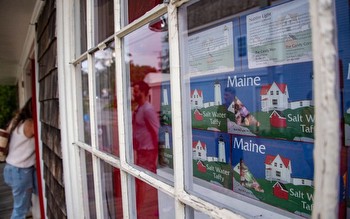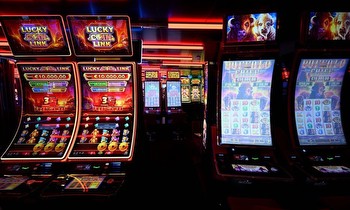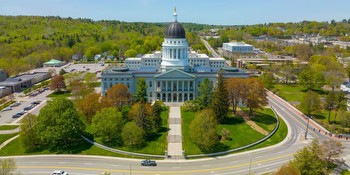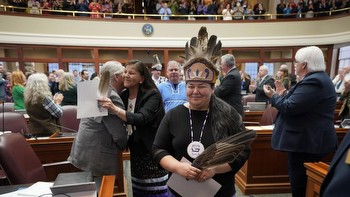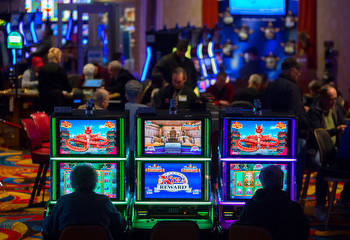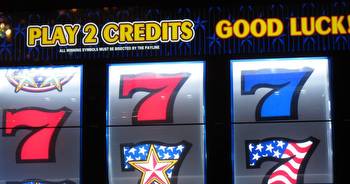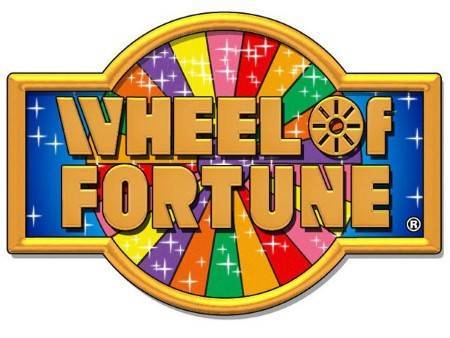Online Casino, HHR, Retail Casinos Next For Maine's Tribes?
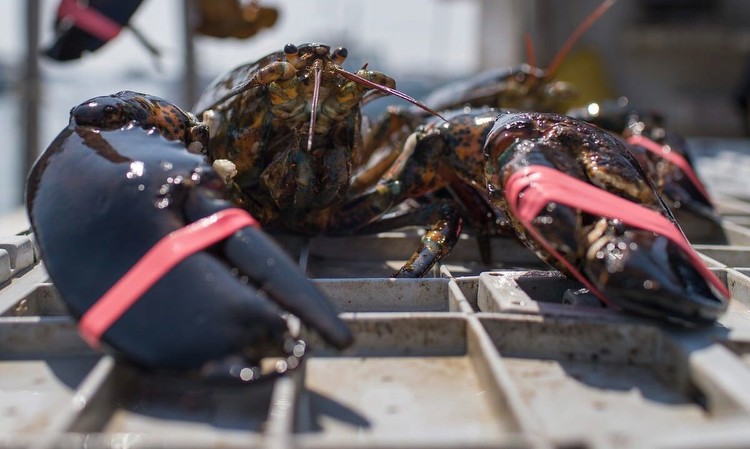
When Maine Gov. Janet Mills in 2022 offered an olive branch to the state’s four tribes in the form of legal sports betting, it’s a good bet that she didn’t expect this: Two months after launch, the tribes are backing bills that would expand gambling to include online casino apps, historical horse racing, and brick-and-mortar casinos both on and off tribal lands.
Maine’s tribes do not enjoy the same level of sovereignty as tribes in most other gaming states, and the Wabanaki Nations’ relationship with state government has historically been strained. As the tribes pursued further recognition through the federal government, Mills swooped in, effectively killing a commercial wagering bill that had momentum, and all but handed legal sports betting to the tribes.
It took the regulator a year-and-a-half to develop and implement a framework before launching Caesars Sportsbook and DraftKings, both of which partnered with tribes, on Nov. 3, 2023.
Exactly two months later, on the first day of the 2024 legislative session, the state’s Veterans and Legal Affairs Committee held hearings to consider bills that would further expand gaming and extend the monopoly granted to the tribes.
When sports betting was approved, the Wabanaki Nations were granted exclusivity and two existing retail casinos were denied the opportunity to offer digital sports betting. LD 1777, which would legalize online casino, would also prohibit Churchill Downs Inc., and PENN Entertainment, both of which operate brick-and-mortar casinos in the state, from offering an online option.
“Maine absolutely should consider legalizing Internet Gaming (iGaming),” Steve Silver, chair of the Maine Gambling Control Board wrote in his testimony. “It is my personal belief that adult Mainers should be free to enjoy legal, regulated gaming in all its forms. But I also believe that any qualified operator should have the ability to obtain an iGaming license, including the Wabanaki Nations. Cutting out Oxford and Hollywood Casinos entirely from offering iGaming is ill-advised in my opinion.”
Silver testified that the iGaming bill, LD 1777, is poorly written and should be revamped before the issue is seriously considered.
Tribal casino on non-tribal lands on the table
LD 1777 reads much like a sports wagering legalization bill, and as lawmakers and regulators in other states have learned, the two are not interchangeable. A key difference is that casino games are generally taxed at a higher rate than wagering, but LD 1777 would extend the 10% tax on wagering to casino games.
Silver pointed to the tax issue, the potential for cannibalization and lack of job creation, and the unfair playing field that allowing only the tribes to offer iGaming would create. Maine is home to two brick-and-mortar casinos, one each owned by Churchill Downs, Inc. (CDI) and PENN Entertainment. Under the new wagering law, those casinos can offer in-person sports betting but were shut out of offering digital platforms. For PENN, that means that its ESPN BET platform is not available in the state.
Shutting CDI and PENN out of online casino could lead to job cuts by companies that employ approximately 1,000 state residents, Silver said. Should the state move forward with a tribal-only plan, Silver suggested creating a job-relief fund for those who become unemployed.
One bill, LD 1944, would require the state to negotiate with tribes to build brick-and-mortar casinos on tribal lands, but also “on land that is not owned by the tribes in a county other than Penobscot County or Oxford County.” Should the bill pass, it would be the first time in the U.S. that a tribe was granted the opportunity to build any kind of gambling establishment outside of Indian Country. It is currently outside the bounds of the Indian Gaming Regulatory Act for a tribe to have a casino off reservation.
Sections of LD 1777 appear to quite literally be copied from the new wagering bill with strikethroughs as updates. The bill would set the licensing fee at $200,000 and the legal age at 21 and would earmark 3% of the state’s revenue for addiction treatment and programs, including for gambling and opioid addictions. The bill would put the Gambling Control Unit in charge with no oversight from the Gambling Control Commission, which Silver testified is a violation of Maine law.
Lawmakers are also seeking to allow for the creation of “electronic beano” and historical horse racing facilities. LD 1992 would allow for such venues on tribal lands, at existing horse racetracks and parimutuel facilities, and at existing commercial slot parlors and casinos. Beano and HHR would be taxed at 10%, and 4% of state proceeds would be used to supplement harness racing purses.
House speaker supports tribal monopoly
Speaker of the House Rachel Talbot Ross spoke in support of LD 1777 without concern for the commercial entities in the state or the details of the bill.
“Tribal governments must be able to create greater economic development on tribal lands. Period,” she said. “The bills in front of you today are solutions to begin fixing the problem.”
Another voice heard was Shirley Hager, on behalf of the Committee on Tribal-State Relations of the Friends (Quaker) Committee on Maine Public Policy. Hager testified in favor of all the bills.
“Time has passed and our understanding of the obstacles placed in the path of the Wabanaki peoples by the state of Maine has grown,” she said. “We have educated ourselves on the meaning and essential importance of sovereignty for our Wabanaki neighbors. … Support … means that the Wabanaki will have choices when deciding what is best for the economic development of their communities given the opportunities available to them.”







